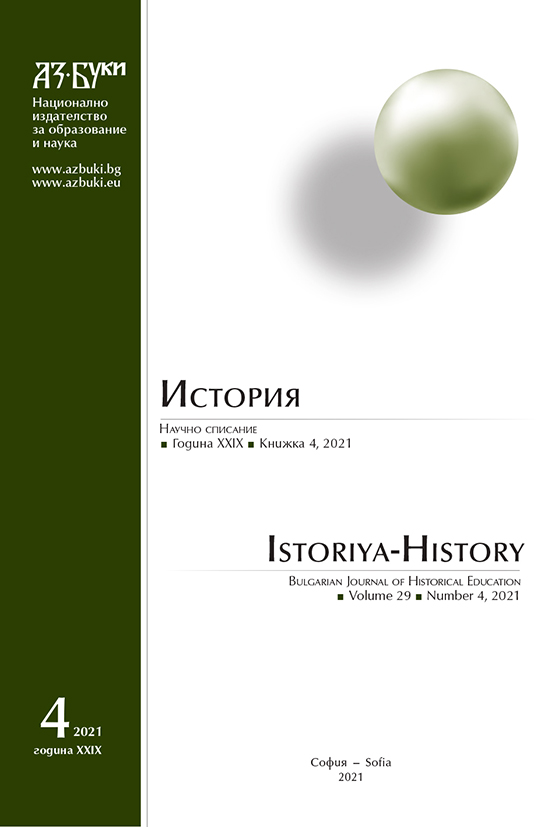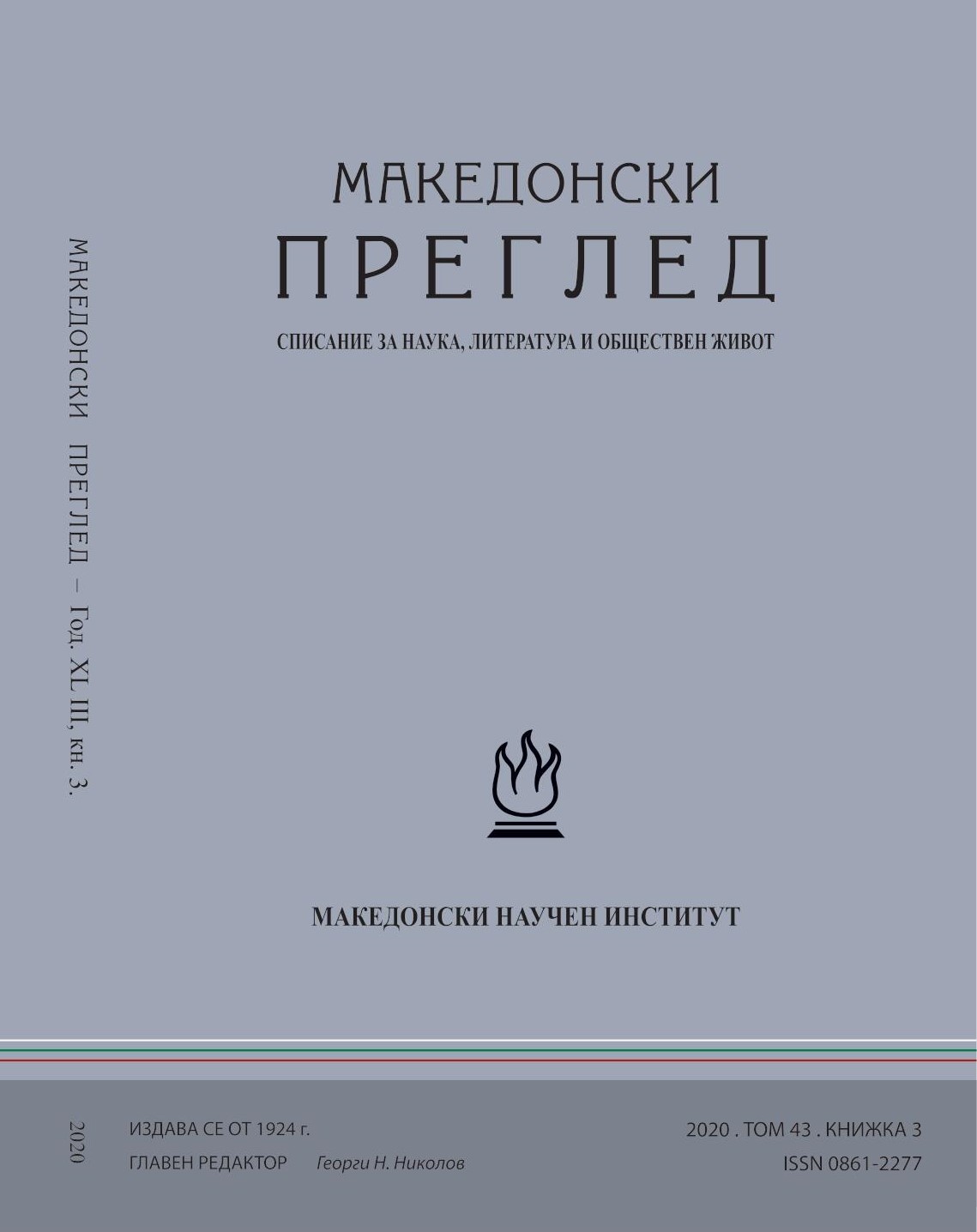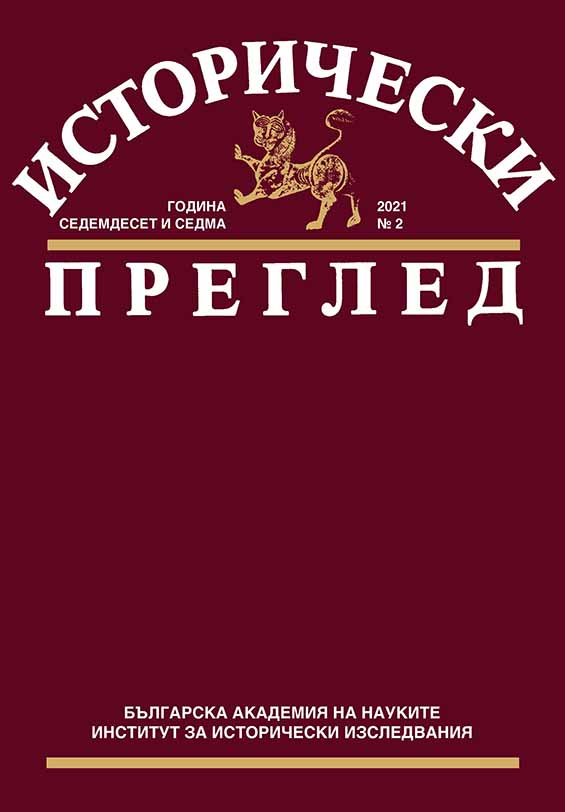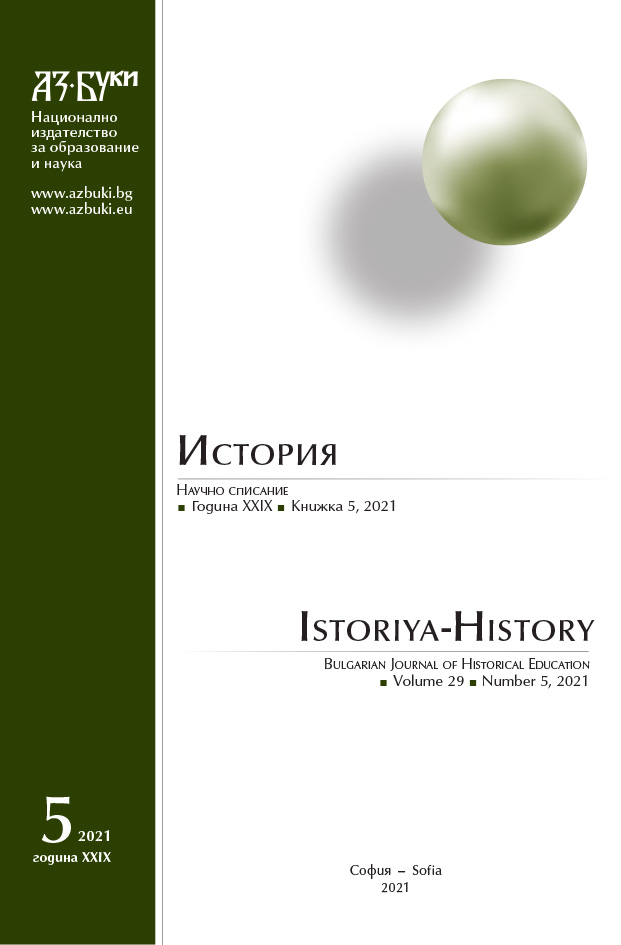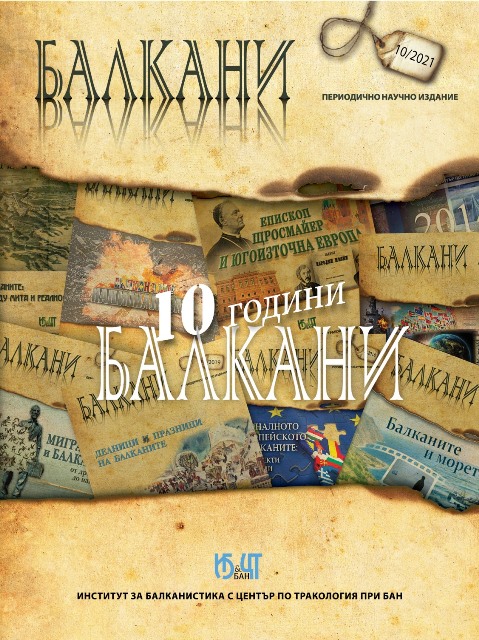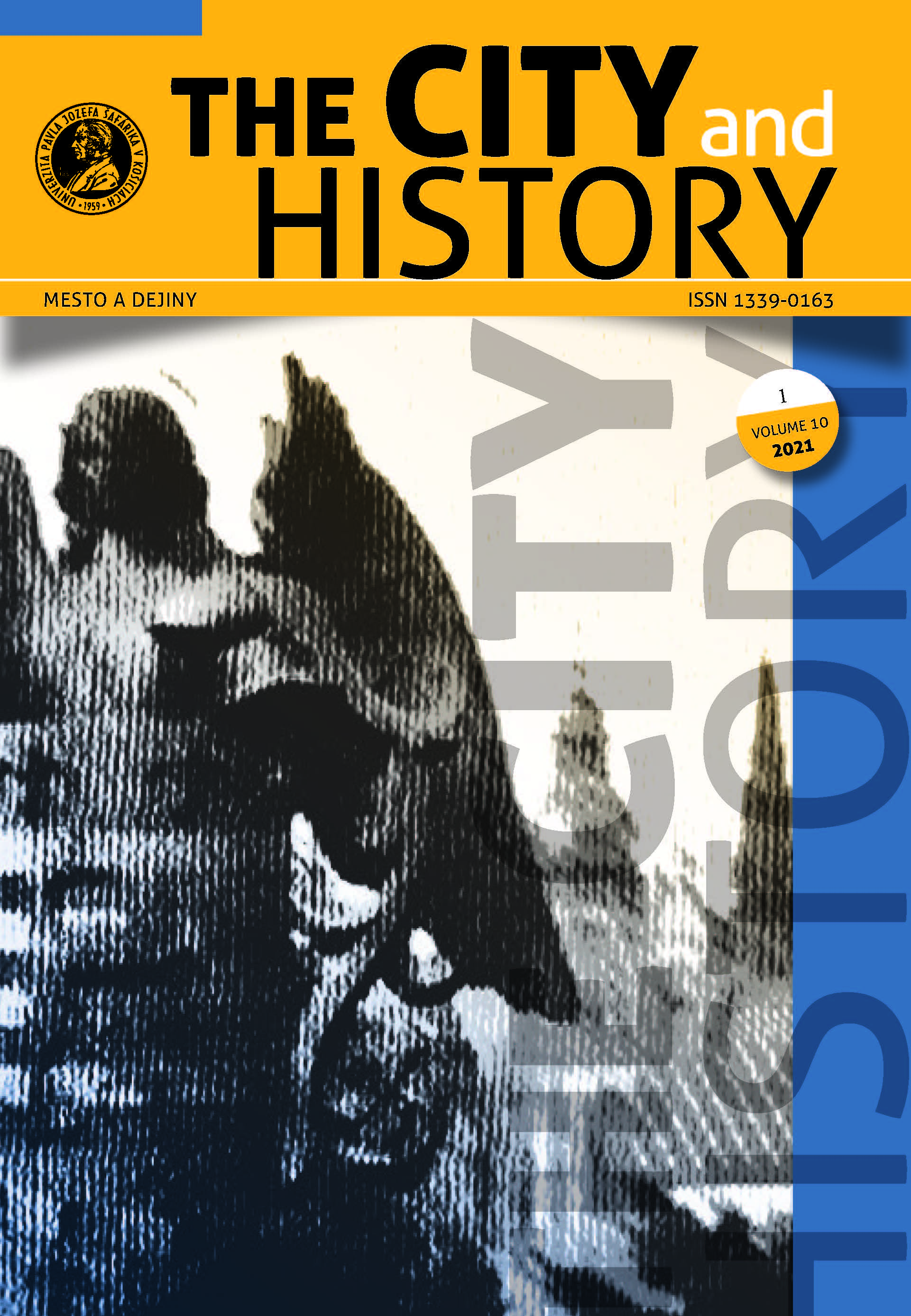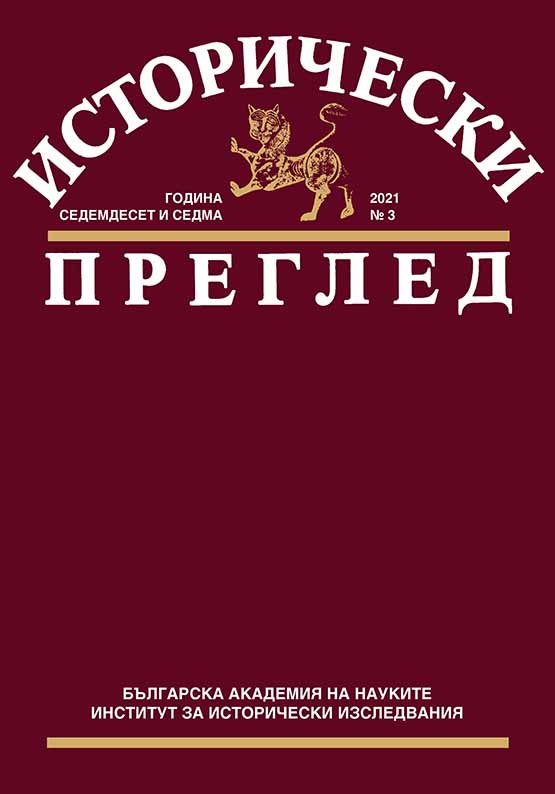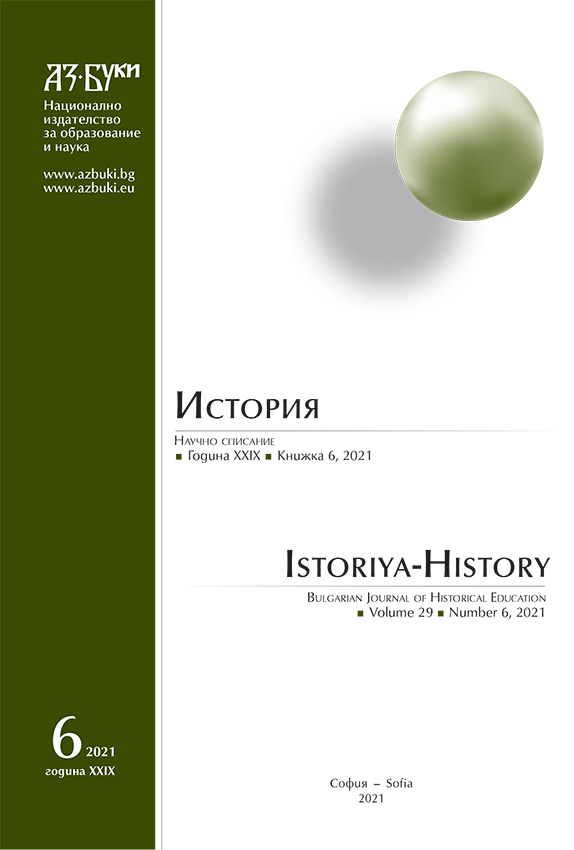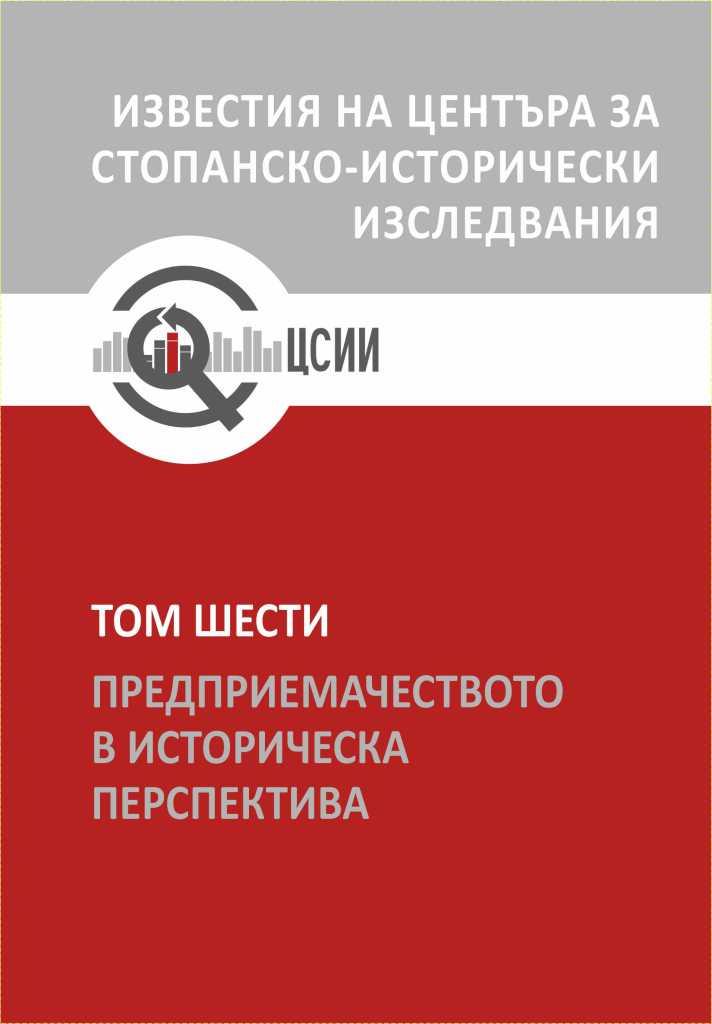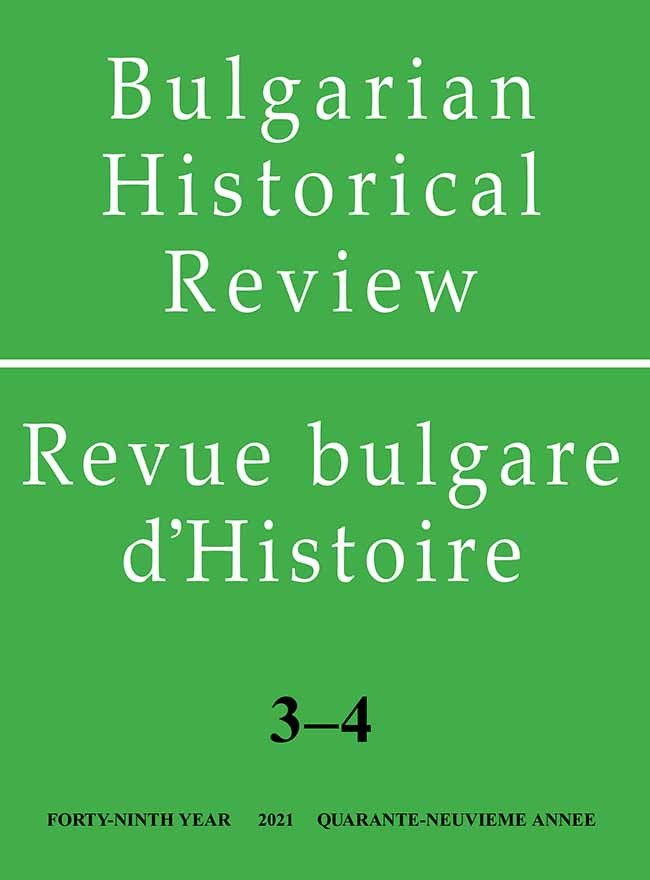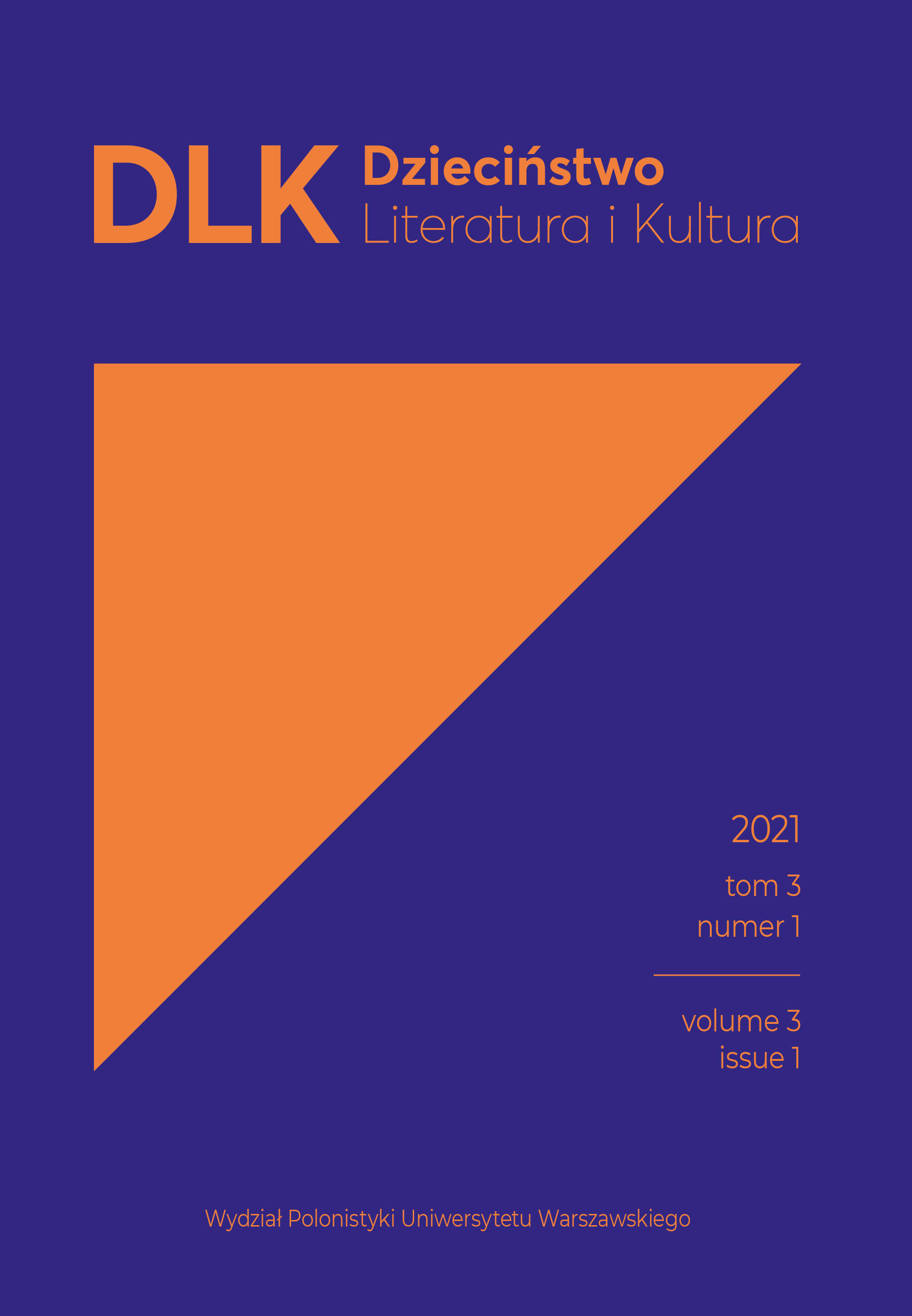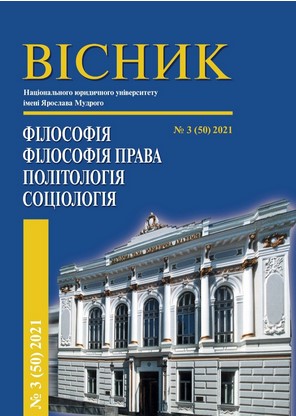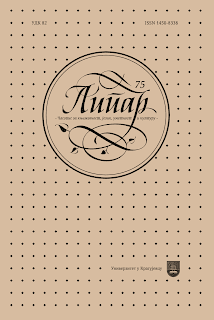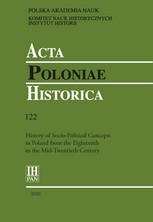
REVIEWS
Review of: Piotr Kociumbas - Hans-Jürgen Bömelburg and Norbert Kersken (eds), Mehrsprachigkeit in Ostmitteleuropa (1400–1700). Kommunikative Praktiken und Verfahren in gemischtsprachigen Städten und Verbänden, Marburg, 2020, Verlag Herder-Institut, VI+245 pp., indices, ills; series: Tagungen zur Ostmitteleuropaforschung, 37 Wojciech Kriegseisen - Jan K. Ostrowski, Portret w dawnej Polsce [Portrait in Early Poland], Warszawa, 2019, Muzeum Pałacu Króla Jana III w Wilanowie, 495 pp., 589 ills Tomasz Hen-Konarski - Volodymyr Sklokin, Rosiisʹka imperiia i Slobidsʹka Ukraina u druhii polovyni XVIII st.: prosvichenyi absoliutyzm, impersʹka intehratsiia, lokalʹne suspilʹstvo, Lviv, 2019, UCU Press, 286 pp., bibliog., index Maciej Górny - Jan Jakub Surman, Universities in Imperial Austria, 1848–1918. A Social History of a Multilingual Space, West Lafayette, IN, 2019, Purdue University Press, 458 pp., indexes, ills, tables; series: Central European Studies Aleksander Łupienko - Maciej Górny - Jan Arendt (ed.), Science and Empire in Eastern Europe: Imperial Russia and the Habsburg Monarchy in the 19th Century, Göttingen, 2020, Vanderhoeck & Ruprecht, 334 pp., index of persons; series: Bad Wiesseer Tagungen des Collegium Carolinum, 38 Piotr Kuligowski - Wiktor Marzec, Rising Subjects: The 1905 Revolution and The Origins of Modern Polish Politics, Pittsburgh, PA, 2020, University of Pittsburgh Press, 312 pp., 25 black-and-white ills; series: Russian and East European Studies Justyna Aniceta Turkowska - Sylwia Kuźma-Markowska, Dziecko, rodzina i płeć w amerykańskich inicjatywach humanitarnych i filantropijnych w II Rzeczypospolitej [Children, Family and Gender Roles in American Humanitarian and Philanthropic Initiatives in Interwar Poland], Warszawa, 2018, Wydawnictwo Uniwersytetu Warszawskiego, pp. 419, list of abbreviations, ills, personal index, bibliog. William W. Hagen - Piotr Cichoracki, Joanna Dufrat, and Janusz Mierzwa, Oblicza buntu społecznego w II Rzeczypospolitej doby wielkiego kryzysu (1930–1935). Uwarunkowania, skala, konsekwencje [Faces of Social Protest in the Second Polish Republic during the Great Depression (1930–1935). Preconditions, Scale, Consequences], Kraków, 2019, Towarzystwo Wydawnicze “Historia Iagellonica”, 618 pp., 30 ills Iza Mrzygłód - Iwona Dadej, Beruf und Berufung transnational: deutsche und polnische Akademikerinnen in der Zwischenkriegszeit, Osnabrück, 2019, fibre Verlag, 357 pp., appendix, bibliog., index; series: Einzelveröffentlichungen des DHI Warschau, 38 Grzegorz Krzywiec - Anna Bikont, Sendlerowa. W ukryciu [Irena Sendler. In Hiding], Wołowiec, 2017, Wydawnictwo Czarne, 480 pp., bibliog., photog., index of persons; series: Biografie Lidia Zessin-Jurek - Ewa Stańczyk, Commemorating the Children of World War II in Poland. Combative Remembrance, Cham, 2019, Palgrave Macmillan, xxi + 175 pp., ills
More...
